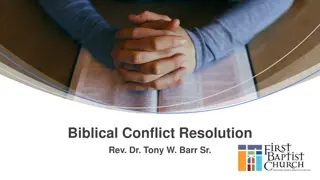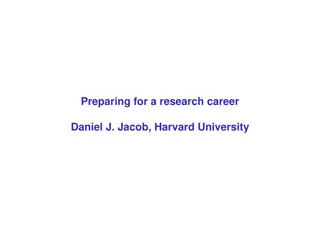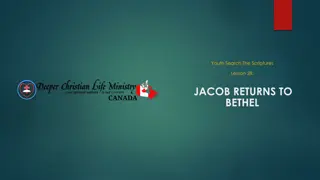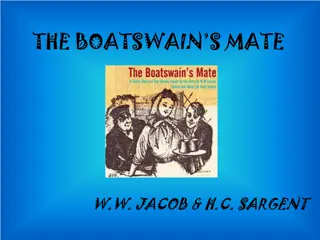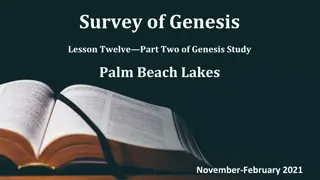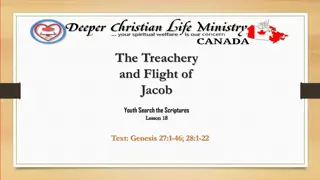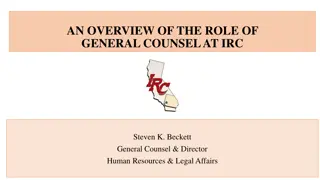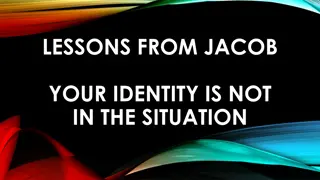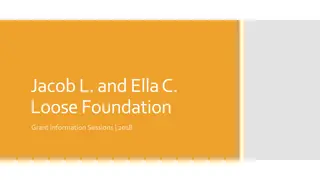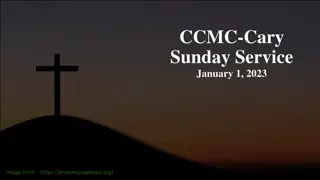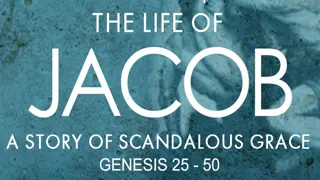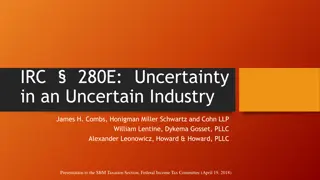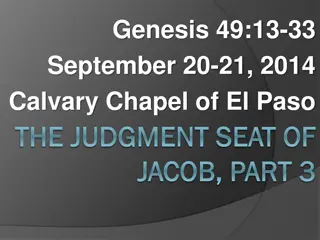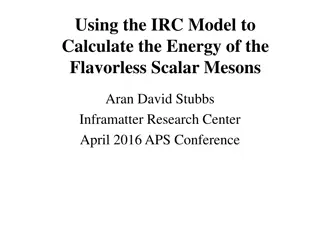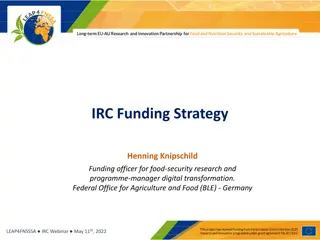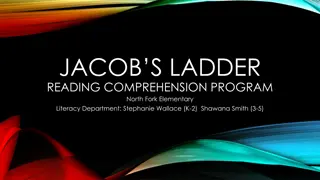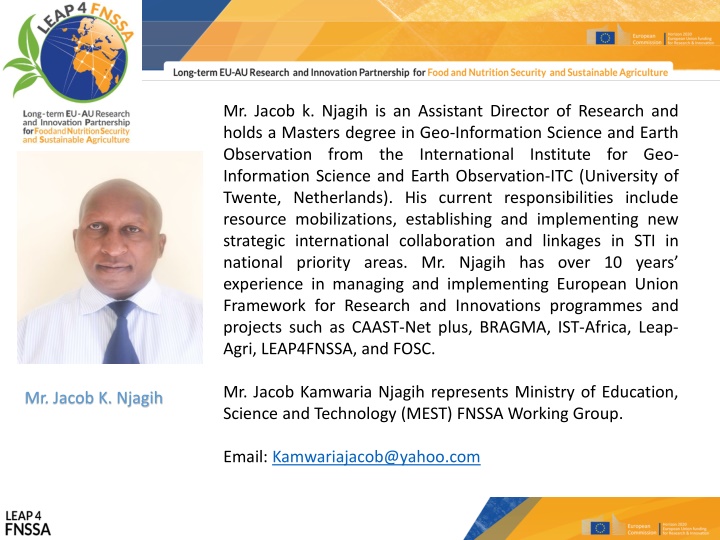
Sustainability Strategies for Long-term International Research Collaboration
Explore short and long-term sustainability plans for international research collaboration efforts led by Mr. Jacob K. Njagih, focusing on maintaining continuity and fostering institutional commitment. Strategies include bridging gaps, maintaining essential project aspects, and balancing costs with benefits to ensure the viability of the collaboration over time.
Download Presentation

Please find below an Image/Link to download the presentation.
The content on the website is provided AS IS for your information and personal use only. It may not be sold, licensed, or shared on other websites without obtaining consent from the author. If you encounter any issues during the download, it is possible that the publisher has removed the file from their server.
You are allowed to download the files provided on this website for personal or commercial use, subject to the condition that they are used lawfully. All files are the property of their respective owners.
The content on the website is provided AS IS for your information and personal use only. It may not be sold, licensed, or shared on other websites without obtaining consent from the author.
E N D
Presentation Transcript
Mr. Jacob k. Njagih is an Assistant Director of Research and holds a Masters degree in Geo-Information Science and Earth Observation from the International Institute for Geo- Information Science and Earth Observation-ITC (University of Twente, Netherlands). His current responsibilities include resource mobilizations, establishing and implementing new strategic international collaboration and linkages in STI in national priority areas. Mr. Njagih has over 10 years experience in managing and implementing European Union Framework for Research and Innovations programmes and projects such as CAAST-Net plus, BRAGMA, IST-Africa, Leap- Agri, LEAP4FNSSA, and FOSC. Mr. Jacob Kamwaria Njagih represents Ministry of Education, Science and Technology (MEST) FNSSA Working Group. Mr. Jacob K. Njagih Email: Kamwariajacob@yahoo.com
Sustainability of the platform can be considered in Two terms of : - Short term: bridge the gap" between the end of LEAP4FNSSA (end of October 2022) and the effective start of the IRC - Long term: after the start of the IRC
Proposal for the short term sustainability: The proposal is to: Contact all the WP co-leaders, asking them to identify within their WP what should be maintained during this gap. This could include: Maintenance of the Project Database (WP3), Continuation of some WP4 communication activities (like maintenance of LEAP4FNSSA website, until the IRC website is launched), Storage of data (like the contact lists which was should have been transferred in 2021 to FARA d-Group), the secretariat of the FNSSA WG (WP1), etc. Ask the LEAP4FNSSA task co-leaders who are in charge of the identified activity or database to continue providing this service (though it could be at a minimum level), as "custodian", during transition If a LEAP4FNSSA Consortium member does not want to continue providing this service, then it should be transferred to FARA (Coordinator) before the end of LEAP4FNSSA.
Long term sustainability: In the long term, the issue will be to maintain the interest of European and African institutions to continue their membership in the IRC and therefore to balance the cost of being a member of the IRC with the benefits this membership brings. "By construction", the IRC is not limited in time and will continue to exist (= is sustainable) as long as there are institutions from Europe and from Africa willing to be members of the IRC. 1/ the IRC is providing relevant services to its members 2/ this is done at a reasonable cost. In particular the recurrent costs due to the IRC governance should be kept to a minimum
Long term sustainability 2: Need for institutional commitment to maintain the IRC. This strong institutional commitment will provide a convincing base to obtain project funding. Membership fee is kept low (1000 per year, maximum ?) and there is a strategy to attract more institutions to join, including by creating an observer status, paying no fee but limited in time and in number of observers Institutions who are hesitant to join to gain a better knowledge of the IRC and familiarise themselves with the services it offers

